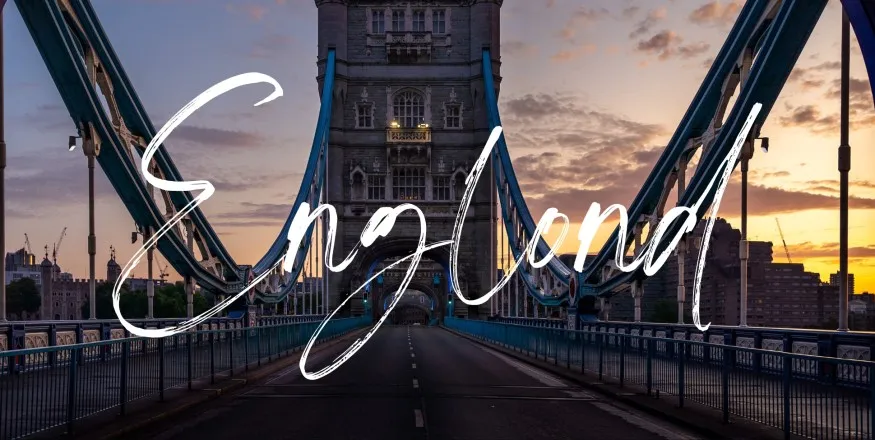 x
x
There are places in this world that resonate with us on a deeply personal level. For me, Hong Kong was one such place. Growing up in London, I would frequently visit Hong Kong, a city that felt like a second home, a vibrant metropolis where East met West in a seamless blend of culture, commerce, and spirit. But the Hong Kong I knew, the Hong Kong we all knew, is no longer. It has been irrevocably changed, “Hong-Konged,” if you will, since the fateful year of 2019.
Hong Kong was a place of exhilarating contrasts. Its neon-lit streets buzzed with the energy of a city constantly on the move, where the scent of street food mingled with the saltiness of the South China Sea. It was a city where traditions coexisted with modernity, where ancient temples stood in the shadows of gleaming skyscrapers. This was a city of freedoms – of speech, of press, of assembly – freedoms that were the lifeblood of its dynamic society. Here, political discourse was robust, a testament to the city's identity as a bastion of liberal values amidst an otherwise restrictive region.
The events of 2019 were the harbinger of change. When the extradition bill was introduced, it was met with unprecedented opposition. The streets of Hong Kong, once the stage for celebrations and daily commerce, became arenas of protest. The spirit of resistance was palpable, a reminder of the city's unyielding quest for autonomy. However, this was also the beginning of an era marked by escalating tensions and government crackdowns. The freedom to express dissent began to erode as tear gas and riot police became regular sights.
The imposition of the National Security Law in 2020 was a definitive moment in Hong Kong's history. Overnight, a city that thrived on its freedoms found itself under a cloud of fear. The law, with its broad and ambiguous language, cast a long shadow over every aspect of life. Activists were arrested, media outlets were silenced, and the once-free press found itself muzzled. The vibrant civil society that had been a hallmark of Hong Kong was stifled, leaving a vacuum where once there was robust debate and activism.
Hong Kong's cultural fabric has also been altered. The education system, once a beacon of critical thinking and inquiry, is being reshaped to align with a nationalistic narrative. The emphasis on loyalty to the state has overshadowed the city's rich tradition of intellectual freedom. Socially, the change is equally stark. Conversations have become hushed, self-censorship a survival mechanism. The fear of surveillance and reprisal has permeated everyday interactions, transforming the open and dynamic society into one of caution and restraint.
The economic repercussions are no less significant. Hong Kong's reputation as a global financial hub is being questioned. The political instability has prompted businesses to reconsider their presence, and an exodus of expatriates and locals alike speaks volumes about the city’s uncertain future. The economic vibrancy that once characterised Hong Kong is now tinged with apprehension.
For those of us who have cherished Hong Kong as a second home, the transformation is deeply personal. The city that once welcomed us with open arms now feels foreign. The loss of its freedoms, the imposition of a new order, has created a sense of displacement and sorrow. The Hong Kong we knew and loved, the Hong Kong that stood as a beacon of liberty and vibrancy, has been "Hong-Konged," stripped of its essence and spirit.
In reflecting on why Hong Kong is "Hong-Konged," we recognise a city that has been fundamentally altered. The changes since 2019 have reshaped its character, eroding the freedoms that made it unique. While the physical city remains, its soul has been transformed, leaving those of us who knew it mourning the loss of a place that once felt like home. The Hong Kong that inspired, that thrived on its openness and dynamism, is no more. It has been irrevocably changed, and with it, a part of us that cherished its spirit has also been lost.
ns3.145.15.164da2





















